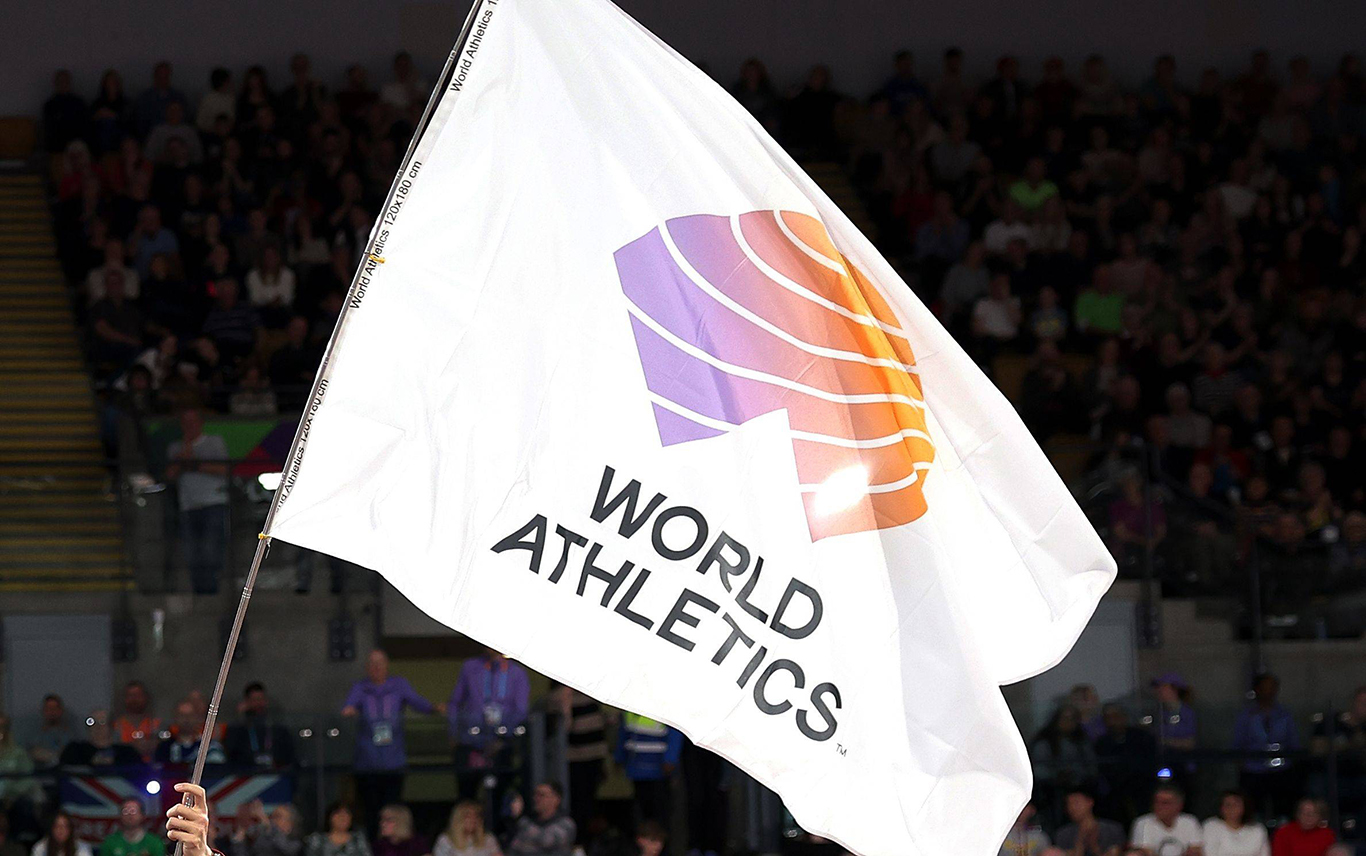World Athletics revealed the details of the type of gender verification athletes hoping to compete in the female category would need to undergo, including a one-time genetic test.
The governing body announced on Wednesday that the new regulation would be implemented on September 1, ahead of the World Athletics Championships in Tokyo from September 13 to 21.
The test would be administered via cheek swab or blood test and is designed to seek the SRY gene which is part of the sex-determining Y chromosome. This the primary factor in deciding male characteristics.
An athlete has the choice of whether they prefer the cheek swab or blood test but if the individual tests negative for the Y chromosome, they would be eligible to compete in the female category. A positive test means they would be able to compete in the female category in non-world ranking competitions or a non-female category.
“The philosophy that we hold dear in World Athletics is the protection and the promotion of the integrity of women’s sport,” World Athletics head Sebastian Coe said in statement. “It is really important in a sport that is permanently trying to attract more women that they enter a sport believing there is no biological glass ceiling. The test to confirm biological sex is a very important step in ensuring this is the case.”
The timing of the announcement comes just weeks before the largest track and field showcase of the year with world championships on the horizon, in Tokyo, and brings clarity to an aspect of competition eligibility that World Athletics has been navigating for years.
In March, it approved the implementation of genetic exams and said a search for a testing vendor had already begun.
That measure followed a 2023 ban on transgender athletes who had gone through male puberty, affirming these athletes would not be allowed to compete in female events.
“We are saying, at elite level, for you to compete in the female category, you have to be biologically female,” Coe added in his statement on Wednesday. “It was always very clear to me and the World Athletics Council that gender cannot trump biology.”
The amount of clarity in what the testing policy entails seemingly ends any speculation over which athletes can compete in the female category since differences in sex development (DSD) athletes faced mandates in 2018 to medically suppress natural elevated testosterone levels.
Two-time Olympic champion Caster Semenya drew headlines in the years since that mandate and repeatedly refused to use any medical intervention that could possibly impact her competition on the international stage. Semenya’s career was immediately impacted by the 2018 rule changes, has rarely competed since but has taken her fight against these mandates through lengthy legal processes in European courts.
In early July, the European Court of Human Rights ruled that Semenya had her right to a fair hearing violated by the Swiss Federal Supreme Court after she lost an appeal against World Athletics in 2020 that prevented her participating in any of their events.







